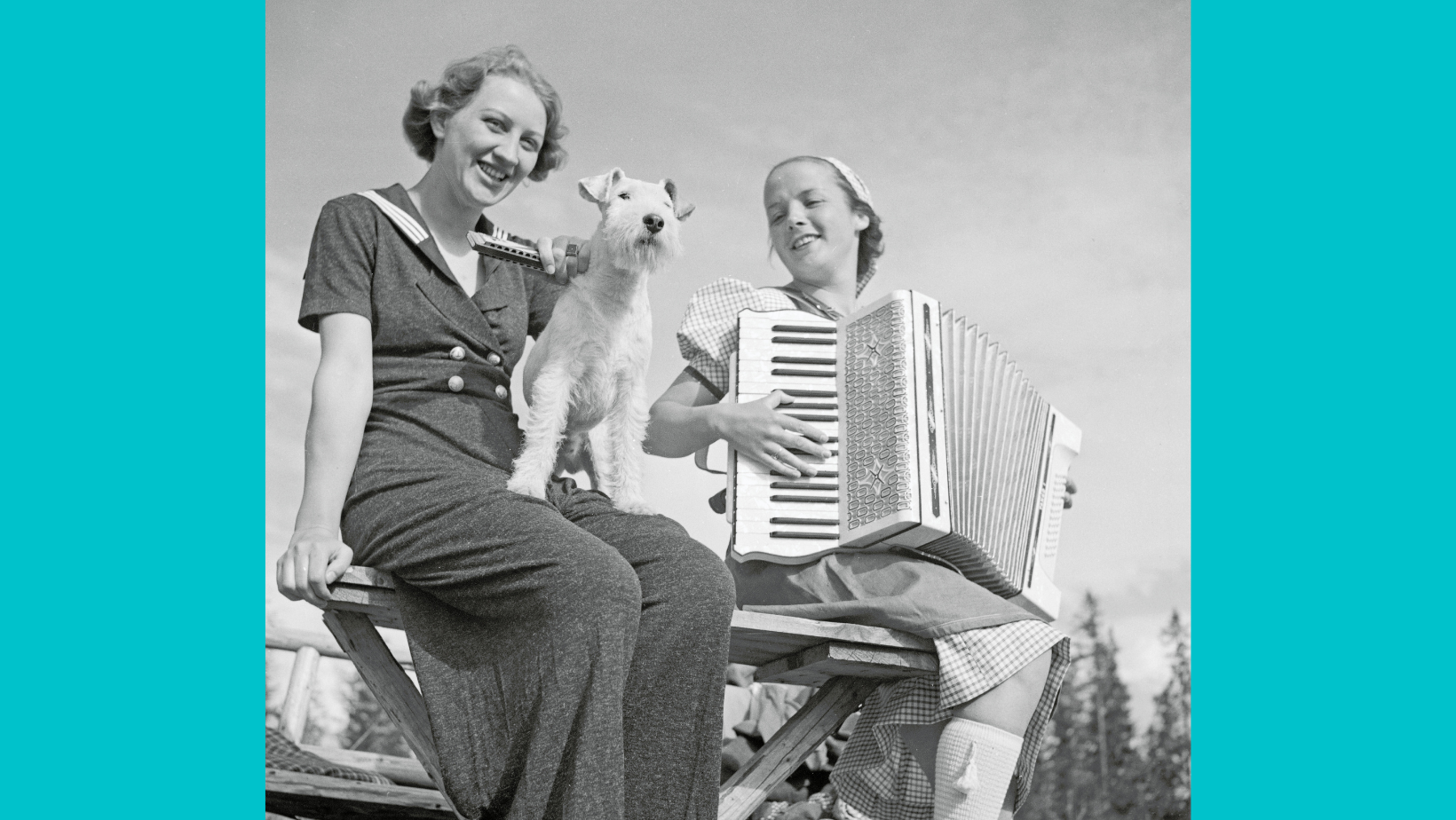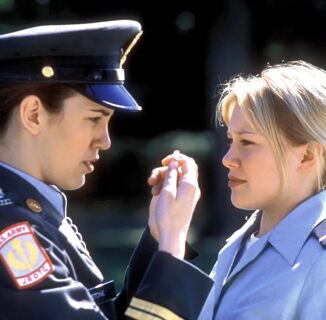Once a week, my partner and I make plans for a special evening that is essential to the health and wellbeing of our relationship. I’ll make dinner reservations or draw a bubble bath, and they might pile blankets on the couch and start a romantic fire. In the middle of a long week, it’s a joy to freshen up after work and commit to spending time with the person in my life who matters more than anyone else: myself.
Yes, since we moved in together a year ago, my partner and I take one night every week to stay the absolute hell away from each other, and that pledge is the beating heart of our household harmony. Here’s why:
Like many queer couples before us, we felt the strong pull toward codependency when we started seeing each other. I’ll admit that I first asked them to move in with me only four months into our relationship – at its infancy, really – and I’m very lucky that they turned me down; we might not have made it otherwise. There’s a reason that “u-hauling” (charging a little too fast into heavy commitment) is a lesbian stereotype that has persisted for so long: we often fall into relationships with romantic partners with blind enthusiasm, burn up like cheap matchsticks when the emotional intimacy is too quick and intense, and leave months later wondering why we felt like we’ve speedrun a forty-year marriage.
Since we moved in together a year ago, my partner and I take one night every week to stay the absolute hell away from each other, and that pledge is the beating heart of our household harmony.
There are some good reasons why queer relationships might be more susceptible to emotional reliance on one another, and they are rooted in the unique experiences we have in the world of dating:
- We have a lot of practice being immediately open and upfront about our feelings, and it makes us more likely to connect with potential partners sooner. Many of us will jump straight over the “warming up” period of a budding romance and go right for the jugular. “How did your parents react to you coming out?” just gets you there faster than “so what kind of music do you like?”
- We are more likely to find ourselves disconnected from traditional family structures, making us receptive to building close familial relationships with our friends and romantic partners.
- We likely missed out on the “trial run” relationships that our peers had in high school and college, or else the relationships we did have might have felt inauthentic or shallow. We’re now trying to make up for the time we feel we “lost.”
- Especially in less queer-saturated areas, our secure social circles may be pretty small. When it’s hard to form deep connections with friends who understand us, we will turn to asking our romantic partner to fill those needs too.
And the hurdle of codependency doesn’t just live within the confines of monogamy. As a veteran of polyamory myself (though my partner and I have since closed the doors on new applicants), the issue of losing sight of independence and individual identity in romance is everyone’s problem.
So, what do we do about it?
“How did your parents react to you coming out?” just gets you there faster than “so what kind of music do you like?”
For my partner and I, who also share the responsibility of coaching a roller derby team together several days a week, we decided that we needed a routine where time alone was an expectation. Without it, we were worried that we would lose what made us the lustrous and independent people we fell in love with. We would not morph into a singular unit, but grow together as a complementary pair. And, generally, it works pretty well.
Here are the direct benefits we’ve seen from the implementation of anti-date night:
- We have more to talk about throughout the rest of the week, and fewer instances of starting a story only to end it with “oh, right, you were there.”
- We have the energy and time to grow the relationships we have with our friends, and not all of our friends are other couples.
- We are reminded that we are good company all on our own.
- We have the time to reflect on our relationship and talk through hiccups that we might not otherwise have the distance and perspective to see.
And by marking anti-date night in our calendars every single week, we avoid the hurdle of having to gently explain to the love of our life that we “need some space right now” when we’re feeling the need for time on our own. We have the practice and the skills in communication to side-step hurt feelings and bruised egos.
But of course, like any plans, they sometimes go to complete shit. There will always be weeks where I drag myself across our threshold with the last ounce of energy I have, and ask in a puddle of tears if maybe we can reschedule our very cool independence day for a time when I’m feeling less like a human black hole. My partner will then scoop me up, put on Disney Plus, and agree to put a pin in solitude. Because, while we may be whole and separate independent people who value our unchallenged autonomy, we are still suckers for a night in together.♦
Help make sure LGBTQ+ stories are being told...
We can't rely on mainstream media to tell our stories. That's why we don't lock our articles behind a paywall. Will you support our mission with a contribution today?
Cancel anytime · Proudly LGBTQ+ owned and operated
Read More in Culture
The Latest on INTO
Subscribe to get a twice-weekly dose of queer news, updates, and insights from the INTO team.
in Your Inbox














